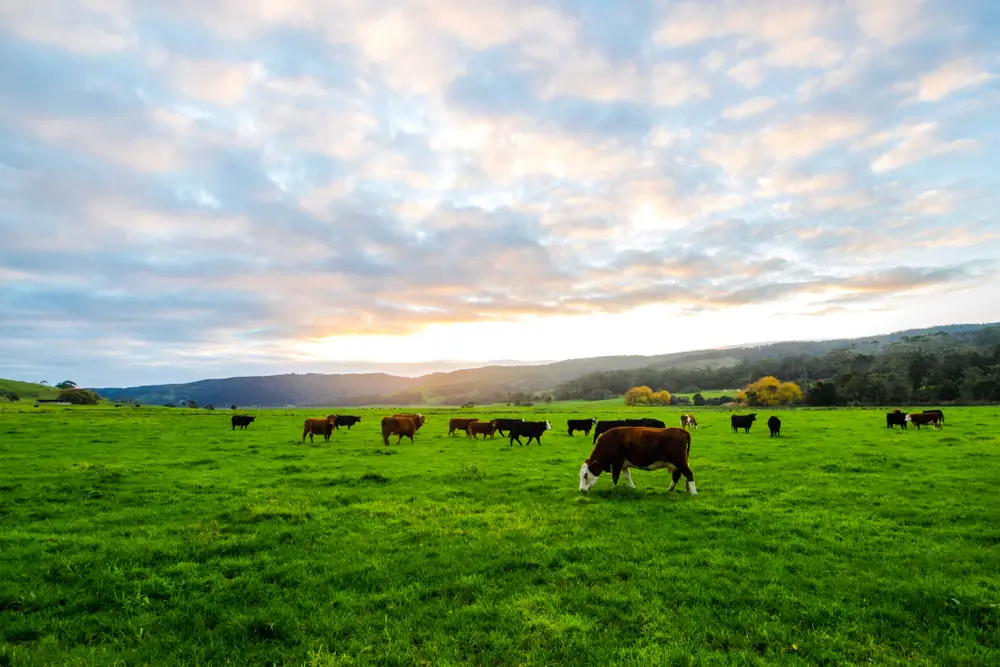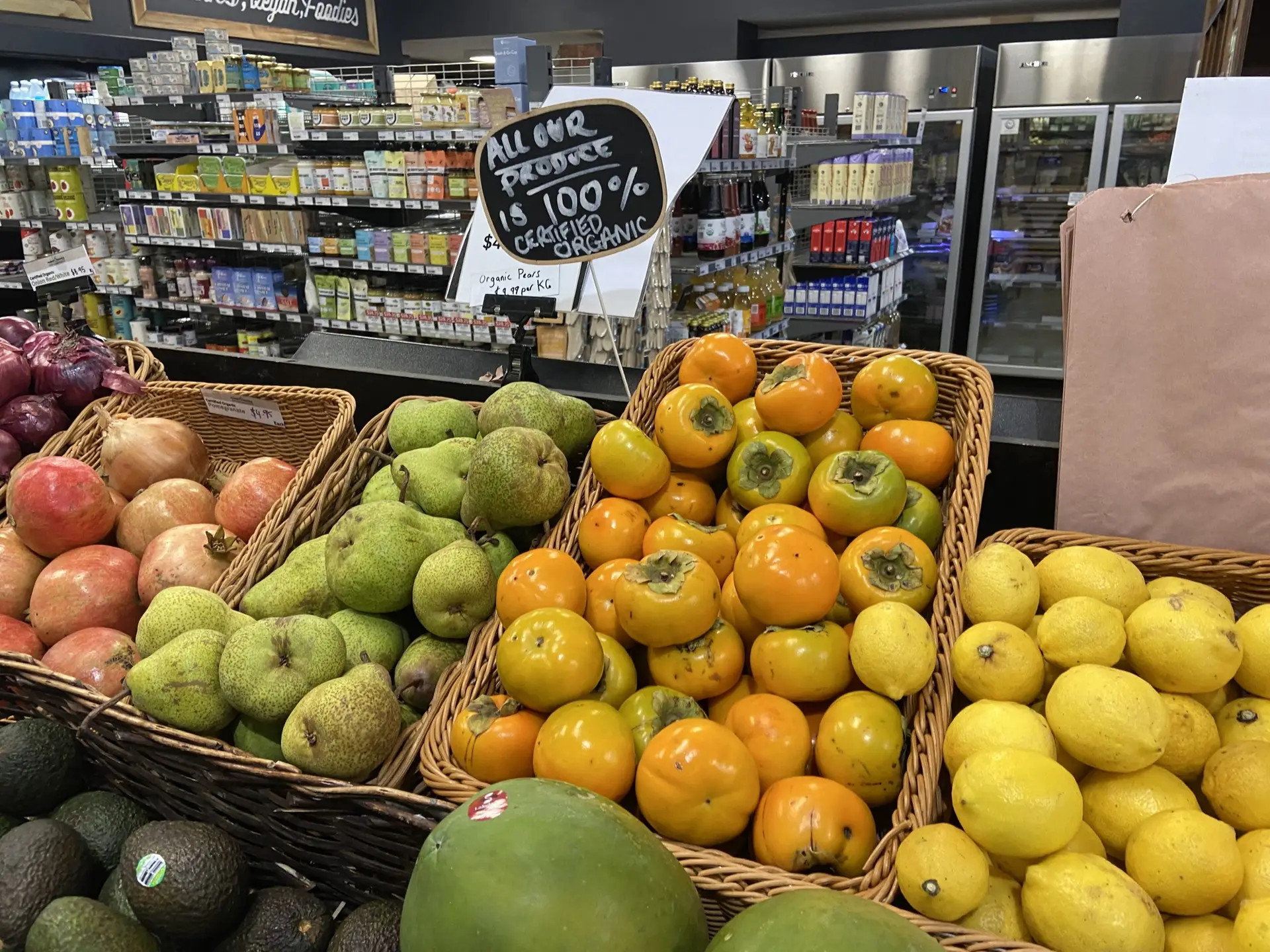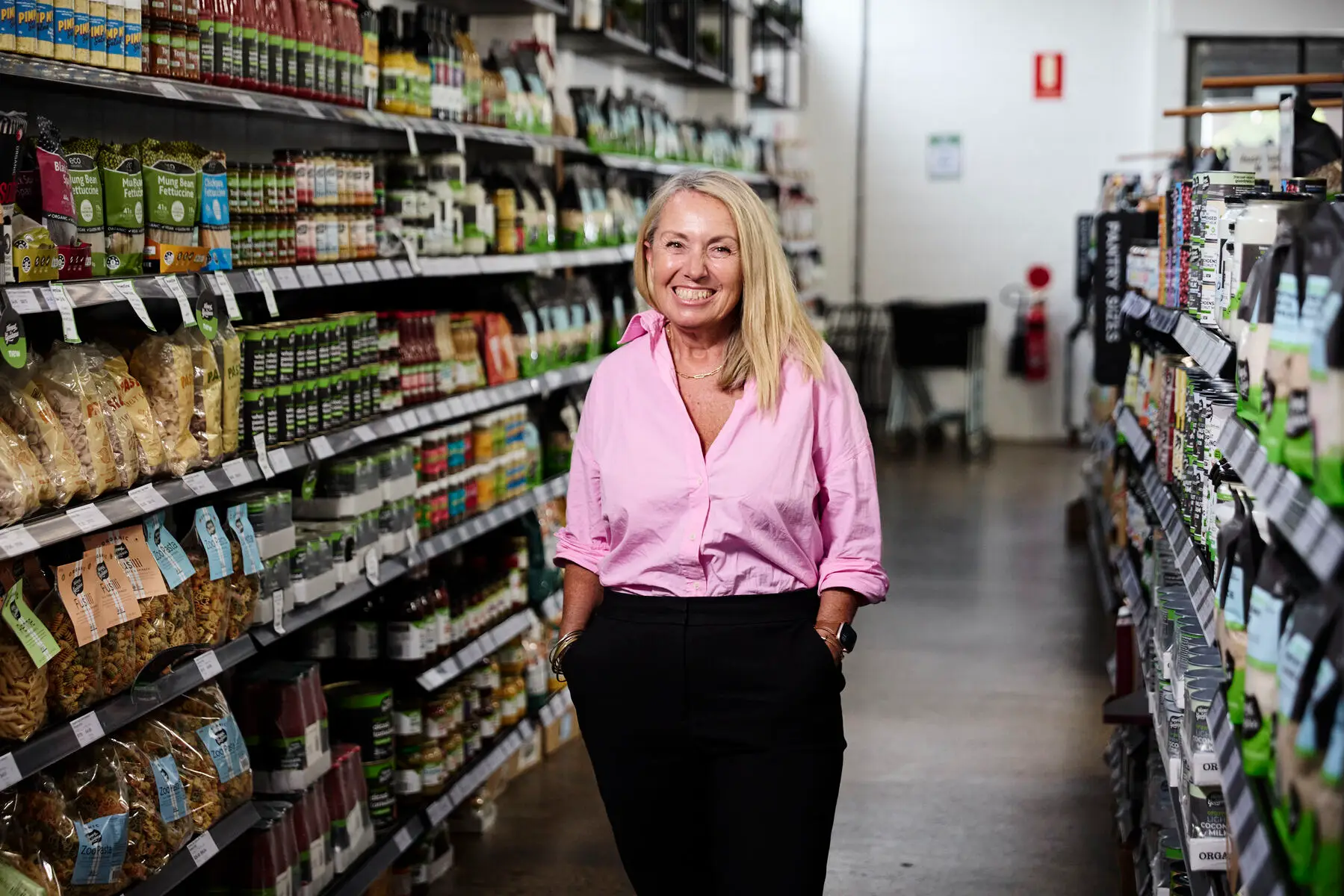Scientists and industry leaders have explained how certified organic farming can play a key role in the fight against climate change, as part of the 2023 Australian Organic Awareness Month (AOAM).
AOAM is run by Australian Organic Limited (AOL) in September each year, raising awareness of the benefits of certified organic products for human health and environmental sustainability, and emphasising the importance of checking for organic certification marks on labels.
AOL Technical and Research Manager, Josefine Pettersson, said while the agriculture sector accounts for 17.5% of Australia’s greenhouse gas emissions, organic farming may help reduce the impact on the climate with its positive impact on biodiversity and soil health.
“Multiple long-term trials show that certified organic farming systems not only produce less carbon emissions than conventional farming, but they also store more carbon in the soil,” Ms Pettersson said.
“Synthetic nitrogen fertilisers account for around 67% of all cropping emissions. Nitrous oxide is 265 times more potent than carbon dioxide as a greenhouse gas, remains in the atmosphere for over 100 years and contributes to ozone depletion.
“On the other hand, certified organic produce is grown using sustainable farming methods that prohibit the use of toxic pesticides or synthetic nitrogen.
“At least 5% of certified organic farmland must be dedicated biodiversity area. Organic farmers create naturally diverse systems that have increased resilience to pest and disease incursions, especially when compared to high-input non-organic monoculture farming systems.”
The Rodale Institute’s Farming Systems Trial – one of the world’s longest-running side-by-side comparisons of organic and conventional agriculture – found that organic farming systems produce 40% fewer carbon emissions and use 45% less energy than conventional systems.
Professor Mark Howden, Director of the Australian National University’s Institute for Climate Change, Energy and Disaster Solutions, said with approximately one-third of the world’s total greenhouse gas emissions currently being generated by global food systems, the principles of organic production ideally positioned the sector to help improve environmental performance.
“Food systems emit carbon dioxide, methane and nitrous oxide, which are the three big greenhouse gases,” Prof Howden said.
“The atmospheric concentrations of each of these gases has reached record levels this year, which has contributed to the record global temperatures that we are experiencing right now with the temperature of the last three months about 1.5 degrees Celsius above pre-industrialised levels.”
As global temperatures continue to increase above long-term averages, Professor Howden said the key characteristics of organic farming and production lend themselves to reducing net greenhouse gas emissions.
“Organic farming very tightly manages inputs into production systems, which tends to restrict the loss of gases such as nitrous oxide and methane into the atmosphere, and generally makes the system more efficient and less leaky,” he said.
“In various circumstances organic farming also builds soil organic carbon, meaning the carbon is taken out of the atmosphere and put into the soil.
“This is fundamental to soil health, enhances the productivity and sustainability of farming systems as well as being important from a climate change point of view.”
Rugby league legend, Anthony Minichiello, has come on board as AOAM Ambassador for 2023, with the former Sydney Roosters, New South Wales Origin and Kangaroos star advocating for more sustainable farming practices.
“Healthy soil is the most important element of any farm,” he said.
“It’s all a cycle – healthy soil, healthy plant, healthy animal, healthy human. Being certified organic means the farmer treats the soil as the number one priority and doesn’t put those harmful toxins into the ground or on the plant.
“There’s a lot of misleading marketing claims and fake studies out there that confuse people, and they end up thinking certified organic is some new-age thing. It’s back to basics essentially – pure farming free of harmful inputs that gives you the most nutrient-dense produce.”
To learn more about Australian Organic Awareness Month, visit the website. To read more about the environmental benefits of certified organic farming, head to the AOL website.
Media enquiries:
Matt Wordsworth
matt.wordsworth@bluehillpr.com.au
0404 029 241
Tim Vetter
tim.vetter@bluehillpr.com.au
0439 681 793






